The 7 Skills for Addiction-Free Living: Social Skills with Lorraine Collins
34,00 $ Original price was: 34,00 $.8,00 $Current price is: 8,00 $.
Download The 7 Skills for Addiction-Free Living: Social Skills with Lorraine Collins, check content proof here:

The 7 Skills for Addiction-Free Living: Social Skills with Lorraine Collins
Recovery from substance abuse is a journey fraught with challenges, and one of the most significant hurdles many face is the rebuilding of social connections. In Lorraine Collins’ educational resource, “7 Skills for Addiction-Free Living: Social Skills,” she presents a profound understanding of this struggle. The video offers transformative insights aimed at individuals in recovery, providing them with essential tools to establish and nurture relationships devoid of reliance on substances.
Navigating the complexities of social interactions can feel daunting, particularly when previous friendships were intrinsically connected to substance use. The social skills taught in this program empower individuals to forge new, healthy connections essential for their recovery journey. Through interactive experiences, participants learn to cultivate a supportive network that will facilitate their healing and personal development.
Understanding the Importance of Social Skills in Recovery
Navigating the landscape of recovery is akin to charting a course through uncharted waters. The social fabric that once surrounded a person before entering treatment often becomes frayed or completely dismantled due to substance abuse. Collins highlights this concern, illustrating how the bonds formed through addiction may provide a false sense of connection that ultimately leads to isolation once sobriety is pursued. This crucial turning point emphasizes the necessity of rebuilding social foundations that are rooted in healthier behaviors.
The Role of New Relationships
Creating new relationships can be likened to planting a garden after a winter frost challenging yet potentially rewarding. Collins emphasizes the importance of cultivating new friendships that support a sober lifestyle. Old associations may no longer align with the individual’s recovery goals, leaving a void that needs to be filled with positive relationships. The skills outlined in Collins’ presentation serve as essential tools for rebuilding a supportive community.
Moreover, establishing connections free from the ties of past substance abuse can enhance personal growth. Individuals not only find camaraderie but also contribute to one another’s recovery through shared experiences and mutual understanding. This kind of support system stands as a testament to the resilience of the human spirit and the power of connection in overcoming adversity.
Practical Strategies for Building Relationships
The educational approach taken by Collins is replete with actionable strategies enabling recovery participants to engage successfully. The program incorporates role-play scenarios that challenge individuals to step outside their comfort zone. By simulating real-life interactions, participants gain exposure to vital social situations they may fear.
- Initiating Conversations: Learning to approach others and start meaningful dialogues.
- Giving and Receiving Feedback: Developing the ability to communicate effectively, providing constructive criticism and acceptance.
- Asking for Help: Cultivating the courage to seek support from others when needed.
These key components act as building blocks for social competence, which is particularly beneficial for individuals who may not have practiced these skills before or have struggled to engage in healthy relationships post-recovery.
The Interactive Experience of Learning
An essential aspect of the video is its interactive format; featuring a live audience brimming with individuals from various stages of recovery. This setup not only enables participants to practice their social skills in a supportive environment but also fosters a sense of community among attendees. Observing others navigate similar challenges can provide inspiration and reassurance that they are not alone in their struggles.
Witnessing Real-Life Applications
Role-play activities highlighted in Collins’ presentation allow individuals to rehearse social strategies in a safe space, reducing anxiety when they attempt these interactions in real life. For instance, a participant may practice initiating a conversation with someone new, receiving guidance and constructive feedback along the way. This hands-on experience effectively bridges the gap between theory and practice, instilling confidence in those who may otherwise feel overwhelmed by the prospect of socializing.
Moreover, the shared learning experience encourages participants to relate to one another, fostering camaraderie in a journey that can often feel isolating. Through observing peers, individuals can glean insight and inspiration from the different approaches taken in social scenarios.
The Value Beyond Recovery
Collins’ insights extend far beyond individual recovery experiences; they are also beneficial for family members, educators, and addiction counselors. For example, caregivers can gain a better understanding of the struggles their loved ones face and develop strategies to provide the necessary support. In this regard, the program transcends its initial intent, evolving into a comprehensive resource for anyone engaged in relationships with those in recovery.
The broader implications can be summarized in the following ways:
- Empathy Development: Enhancing understanding among friends and family members.
- Educators’ Insights: Equipping educators with the knowledge to create supportive environments for students.
- Counselor Techniques: Providing counselors with practical tools that can be applied in therapeutic settings.
This multifaceted applicability strengthens the case for the importance of social skills not just in recovery, but throughout life.
Building a Robust Support Network
A significant takeaway from Collins’ framework is that effective social skills directly contribute to building a robust support network essential for sustained recovery. Just as an architect lays a solid foundation for a skyscraper, individuals in recovery must establish authentic connections that can withstand the challenges they may face in sobriety.
The Impact of a Supportive Community
An effective support system can be likened to a safety net, catching individuals before they falter. The emotional and practical support from peers who comprehend the trials of recovery creates a cushion that lessens the weight of stress, loneliness, and the temptation to relapse. Collins’ emphasis on building authentic relationships resonates profoundly in this context; individuals who feel emotionally secure and connected are more likely to maintain their sobriety.
Emotional Resonance and Connection
Collins’ teachings prompt individuals to explore the significance of vulnerability in creating genuine connections. The emotional aspects of friendships the shared laughter, the comforting silences, the fights overcome serve to deepen bonds in a way that merely surface-level interactions cannot. In essence, the emotional component of relationships can fortify one’s recovery journey.
Through open dialogues and honest interactions, individuals can build trust an essential ingredient for any thriving relationship. Such interpersonal connections can also spark an array of positive emotions, from happiness to gratitude, fostering a socially enriched recovery experience.
Recognizing the Power of Authentic Interactions
The skills imparted through Collins’ training encourage participants to foster authentic conversations that allow for vulnerability. Seeking genuine connections transforms the recovery experience into one enriched with positivity, compassion, and understanding, paving a road to sustained sobriety that feels less daunting.
Conclusion
In summary, Lorraine Collins’ “7 Skills for Addiction-Free Living: Social Skills” serves as a vital resource for individuals navigating the complex landscape of recovery. By emphasizing the importance of social bonds and providing concrete strategies, Collins equips participants with the ability to build meaningful relationships that are crucial for lasting sobriety. The engaging format and practical exercises encapsulate a transformative approach to learning, ensuring that individuals not only comprehend the theoretical aspects of social skills but are also able to practice them confidently in real life. Through empathy, openness, and the willingness to engage, individuals can cultivate communities that support their recovery journeys, fostering an environment rich in growth and resilience.
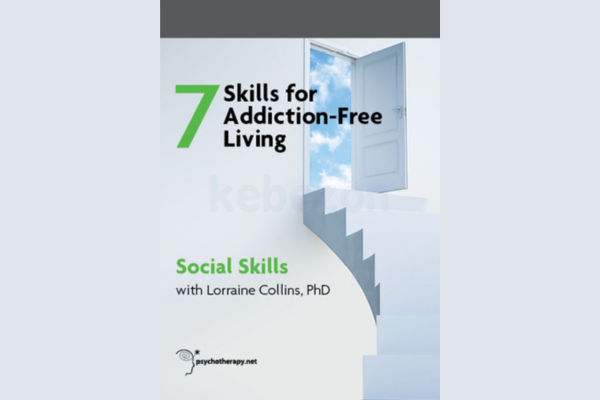
Frequently Asked Questions:
Business Model Innovation:
Embrace the concept of a legitimate business! Our strategy revolves around organizing group buys where participants collectively share the costs. The pooled funds are used to purchase popular courses, which we then offer to individuals with limited financial resources. While the authors of these courses might have concerns, our clients appreciate the affordability and accessibility we provide.
The Legal Landscape:
The legality of our activities is a gray area. Although we don’t have explicit permission from the course authors to resell the material, there’s a technical nuance involved. The course authors did not outline specific restrictions on resale when the courses were purchased. This legal nuance presents both an opportunity for us and a benefit for those seeking affordable access.
Quality Assurance: Addressing the Core Issue
When it comes to quality, purchasing a course directly from the sale page ensures that all materials and resources are identical to those obtained through traditional channels.
However, we set ourselves apart by offering more than just personal research and resale. It’s important to understand that we are not the official providers of these courses, which means that certain premium services are not included in our offering:
- There are no scheduled coaching calls or sessions with the author.
- Access to the author’s private Facebook group or web portal is not available.
- Membership in the author’s private forum is not included.
- There is no direct email support from the author or their team.
We operate independently with the aim of making courses more affordable by excluding the additional services offered through official channels. We greatly appreciate your understanding of our unique approach.
Be the first to review “The 7 Skills for Addiction-Free Living: Social Skills with Lorraine Collins” Cancel reply
You must be logged in to post a review.

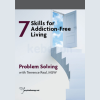
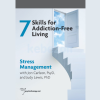
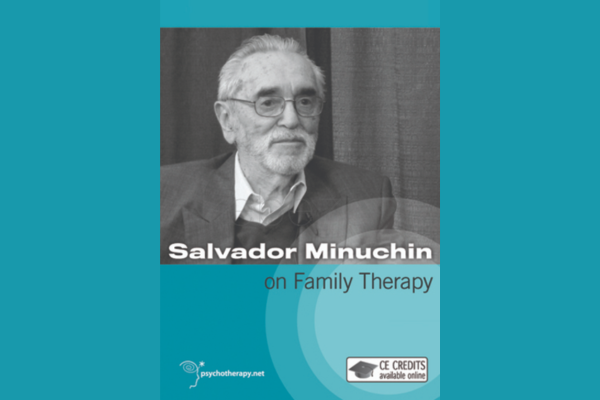
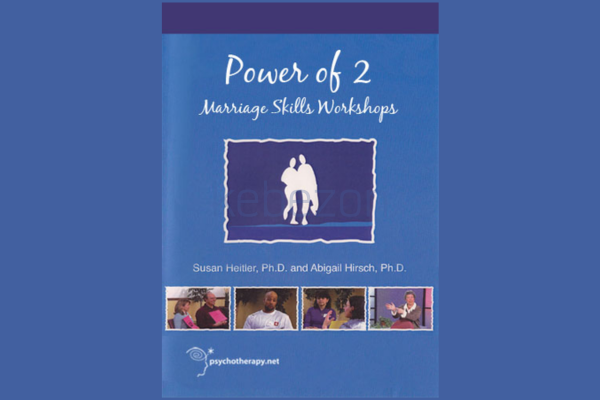

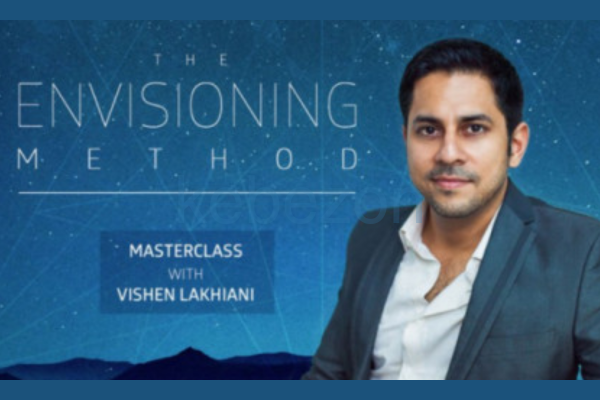
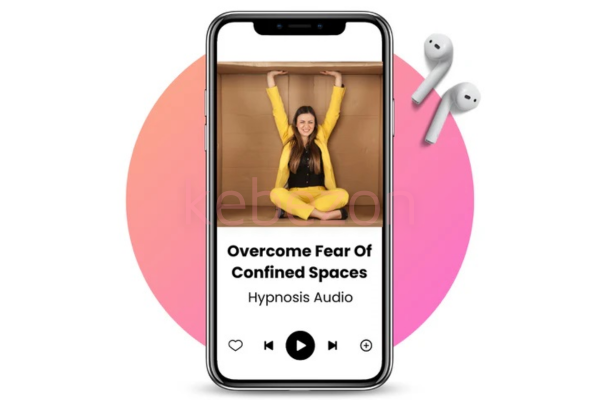

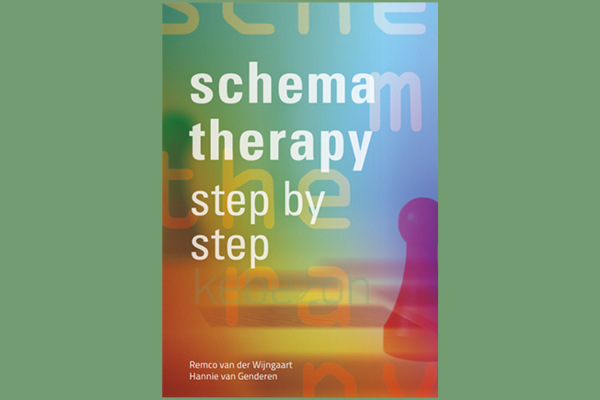
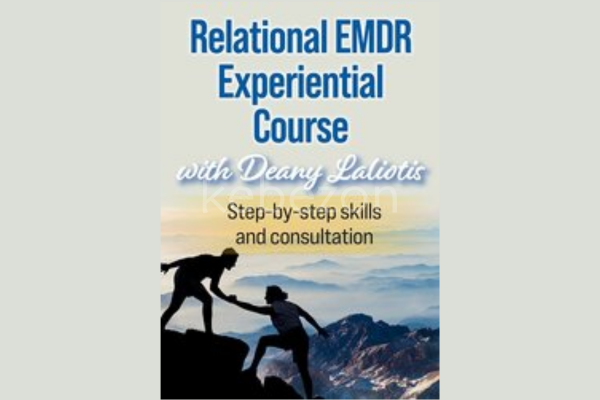
Reviews
There are no reviews yet.